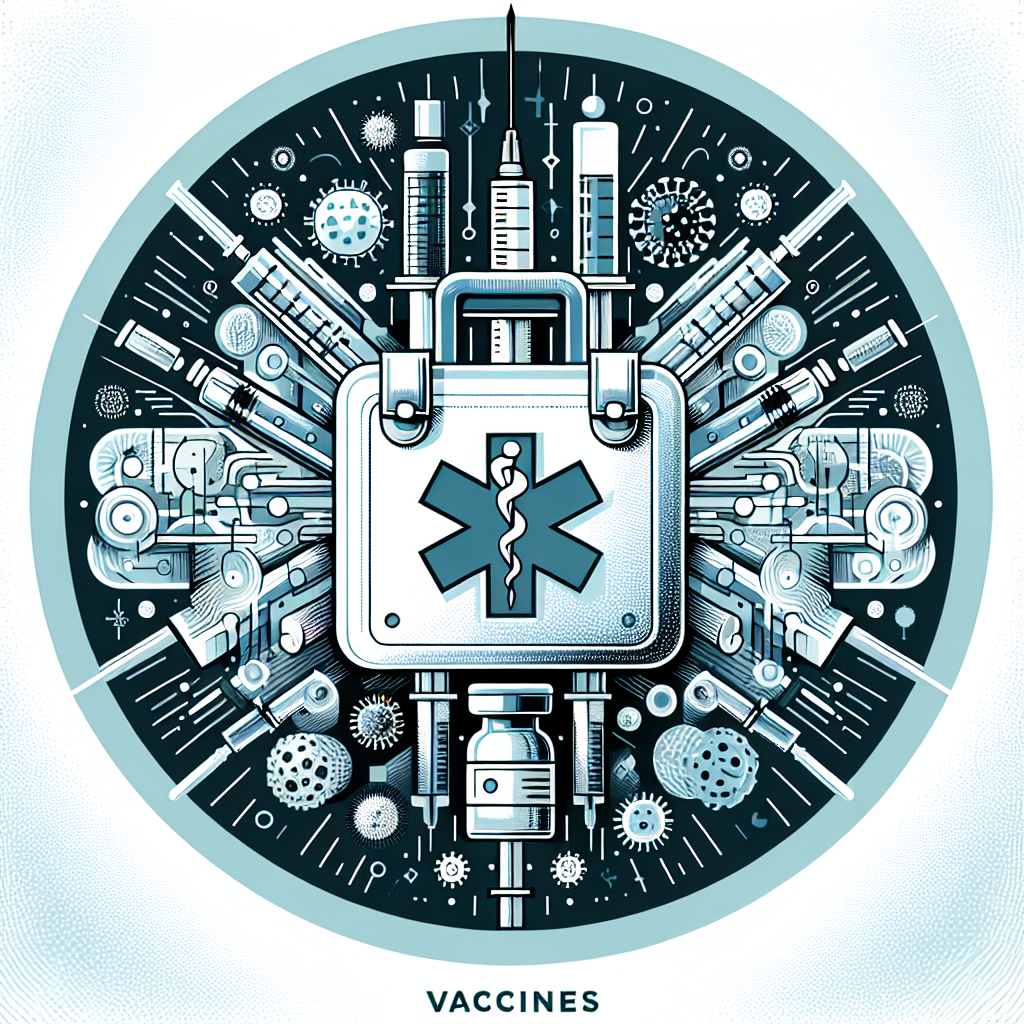Introduction
Vaccination is one of the most effective ways to protect the health of both mothers and their babies. This article explores the vital vaccines that expecting mothers should receive during pregnancy and the immunization schedule for infants.
Vaccines for Pregnant Women
Pregnant women play a crucial role in safeguarding their child’s health even before birth. Certain vaccines are recommended during pregnancy to protect both the mother and the baby.
Recommended Vaccines During Pregnancy
1. **Influenza Vaccine**: The flu can be severe for pregnant women and their unborn children. The influenza vaccine is recommended during any trimester to prevent complications.
2. **Tdap Vaccine**: The Tetanus, Diphtheria, and Pertussis (Tdap) vaccine is recommended during the third trimester (between 27 and 36 weeks) to provide protection against pertussis (whooping cough) in newborns.
3. **COVID-19 Vaccine**: Pregnant women are also encouraged to get vaccinated against COVID-19 to reduce the risk of severe illness. Consult your healthcare provider for the appropriate vaccines and timing.
Benefits of Vaccination During Pregnancy
Vaccinating during pregnancy helps build antibodies in the mother, which can be passed onto the baby, providing early protection against certain diseases. This is especially critical in the first few months of an infant’s life when they are most vulnerable.
Vaccines for Infants
After birth, infants receive a series of vaccinations to protect them against various potentially serious diseases. Health organizations like the Centers for Disease Control and Prevention (CDC) and the World Health Organization (WHO) provide guidelines for immunization schedules.
Recommended Infant Vaccination Schedule
1. **Hepatitis B Vaccine**: The first dose should be given at birth, with additional doses given at 1-2 months and 6-18 months.
2. **DTaP Vaccine**: This vaccine protects against Diphtheria, Tetanus, and Pertussis. The series of shots begins at 2 months, with additional doses at 4 months, 6 months, 15-18 months, and a booster at 4-6 years.
3. **Hib Vaccine**: The Haemophilus influenzae type b (Hib) vaccine is given at 2 months, 4 months, 6 months, and 12-15 months.
4. **Polio Vaccine (IPV)**: The inactivated poliovirus vaccine is administered at 2 months, 4 months, 6-18 months, and again at 4-6 years.
5. **Pneumococcal Vaccine (PCV13)**: Begins at 2 months, followed by doses at 4 months, 6 months, and a booster at 12-15 months.
6. **MMR Vaccine**: The measles, mumps, and rubella vaccine is given at 12-15 months, with a booster at 4-6 years.
7. **Rotavirus Vaccine**: Administered orally at 2 months, 4 months, and possibly at 6 months, depending on the vaccine brand used.
Importance of Following the Vaccination Schedule
Sticking to the vaccination schedule recommended by healthcare professionals is crucial for ensuring that infants are protected against diseases that can lead to severe health complications. Vaccines work best when given at the recommended ages.
Conclusion
Vaccines for both pregnant women and infants are essential for establishing a foundation of strong immunity. Expecting mothers should consult their healthcare providers about the necessary vaccinations during pregnancy, while new parents must adhere to the immunization schedule for their infants. By prioritizing vaccinations, families can protect their vulnerable members and contribute to public health.














